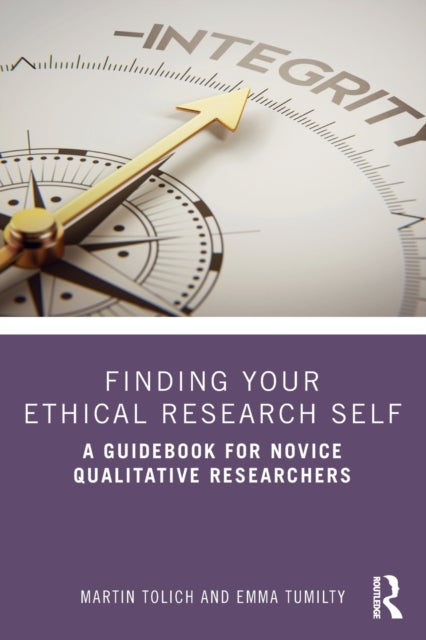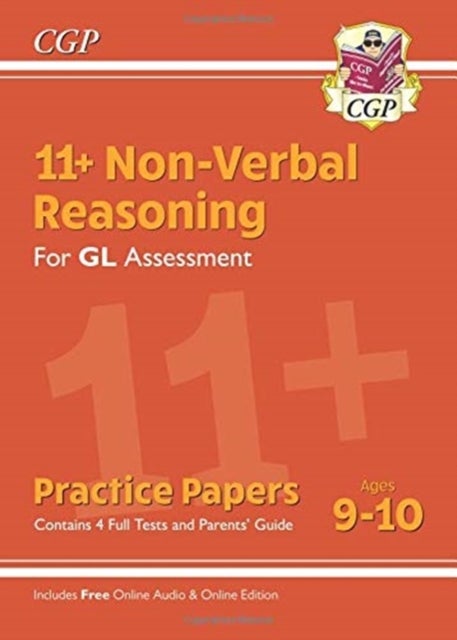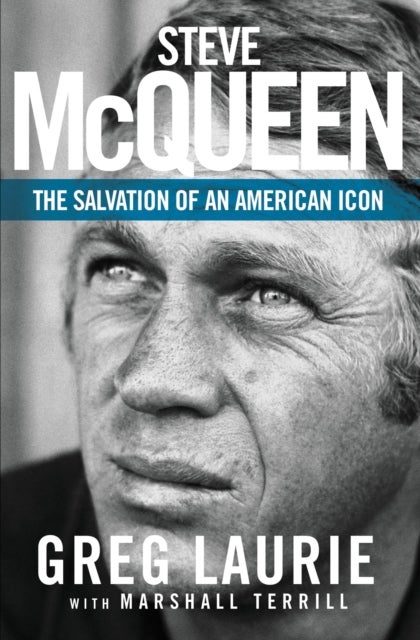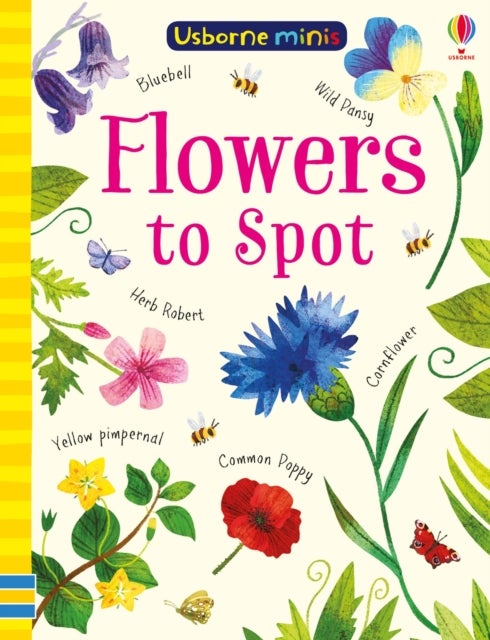
Finding Your Ethical Research Self av Martin (University of Otago New Zealand) Tolich
429,-
<EM>Finding Your Ethical Research Self</EM> introduces novice researchers to the need for ethical reflection in practice and gives them the confidence to use their knowledge and skill when, later as researchers, they are confronted by big ethical moments in the field. <P></P><P>The 12 chapters build on each other, but not in a linear way. Core ethical concepts like consent and confidentiality once established in the early chapters are later challenged. The new focus becomes how to address qualitative research ethics when confidentiality and consent take on a limited form. This approach helps students understand that the application of concepts always requires thoughtful adaptation in different contexts and the book provides guidance on how to do this. Classroom/workbook exercises develop alternative solutions to create process consent, internal confidentiality, and engage reference groups, as examples. The first eight chapters allow students to develop their ethical research self befor








